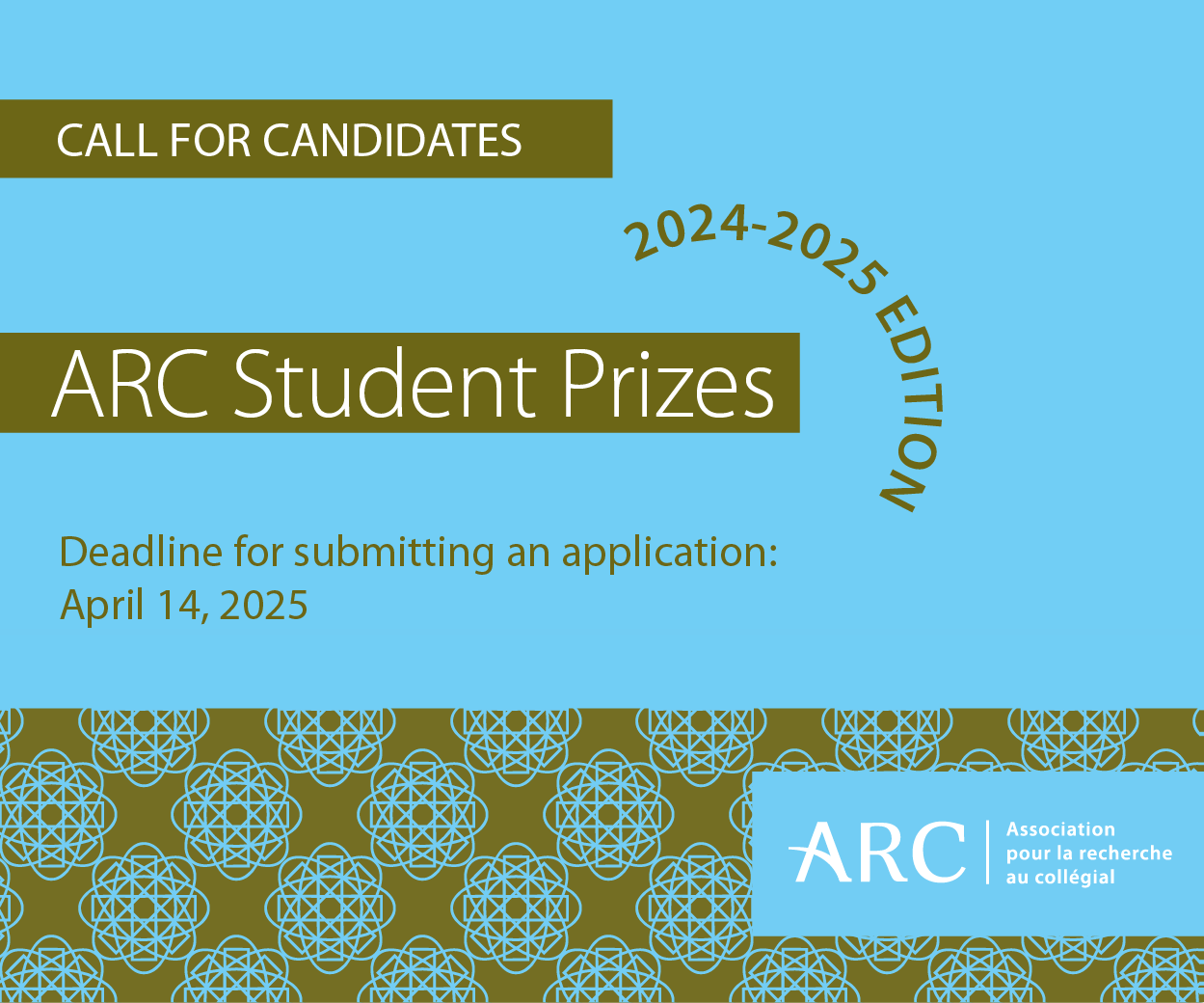Dr. Peter R. Leavitt is the recipient of the 2025 Ruth Patrick Award for his broad scientific contributions to the field of limnology and his commitment to translating those findings for policymakers and for First Nations. The award was presented to Leavitt at the Association for the Sciences of Limnology and Oceanography (ASLO) 2025 Aquatic Sciences meeting on March 27, 2025.
"Dr. Leavitt is a very deserving recipient of the Ruth Patrick Award, which recognizes an aquatic scientist whose research leads to the identification, analysis, or solution of important environmental problems," said Dr. Chris Yost, University of Regina, Vice-President (Research). "His interdisciplinary, collaborative approach to addressing real-world ecological problems has produced insightful research that has informed the development of policies and management strategies aimed at sustaining our freshwater resources.
"We also appreciate that, through his work, Dr. Leavitt has been able to build strong relationships with Indigenous communities and is helping to build a more sustainable and inclusive future for all."
Leavitt is a Fellow of the Royal Society of Canada, Distinguished Professor of Biology, and founding Co-Director of the Institute of Environmental Change and Society at the University of Regina. He has dedicated his career to understanding and mitigating the effects of human activities on freshwater systems, focusing on pressing challenges such as nitrogen pollution, climate change, and the conservation of lakes.
Leavitt's work has helped reshape the understanding of how nitrogen pollution degrades water quality across North America. By establishing that human caused nitrogen sources contribute to harmful cyanobacteria (blue-green algae) blooms, his research has influenced the Save Lake Winnipeg Act, and the requirement for the City of Regina, wastewater treatment plant to remove nitrogen.
Leavitt is committed to working with Indigenous communities, providing support for climate change impacts, water quality loss, and industrial development. He has been invited as the sole non-Indigenous participant on the Federation of Sovereign Indigenous Nations Water Technical Table, guiding Chiefs and Councils for all 73 provincial First Nations on a proposed provincial irrigation project at Lake Diefenbaker.












